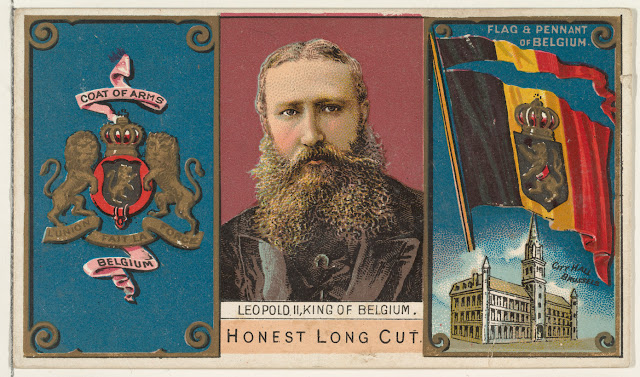 |
| Milton Olive III |
Sometimes when readers suggest topics, I get testy: thank you very much, but I am neither a lounge pianist nor a short-order cook. I don't take requests.
But Monday a reader offered an idea that could not be easily dismissed:
"As you are aware, this is Black History Month and I would like to mention Olive-Harvey College in Chicago. Milton Olive was a young black man and Carmel Harvey was a young white man. They were both killed in Vietnam. Milton Olive fell on a grenade to save his buddies. Is there any way you can mention him? I would be very grateful if it can be done."
Indeed it can. Not only do I know who Olive is, but I've written about him, a column I'm happy to post today, in an era sorely in need of heroes.
"As you are aware, this is Black History Month and I would like to mention Olive-Harvey College in Chicago. Milton Olive was a young black man and Carmel Harvey was a young white man. They were both killed in Vietnam. Milton Olive fell on a grenade to save his buddies. Is there any way you can mention him? I would be very grateful if it can be done."
Indeed it can. Not only do I know who Olive is, but I've written about him, a column I'm happy to post today, in an era sorely in need of heroes.
Milton Olive III only had a second to react to the Viet Cong grenade that landed at his feet that October day in Vietnam in 1965. He yelled to the members of his platoon around him, something like, "Look out! Grenade!"
Then the 18-year-old Chicago private bent over, picked up the grenade and hugged it to his abdomen, hunching over to shield his comrades from the blast that killed him instantly.
He was the only Chicago African American ever awarded the Medal of Honor — the nation's highest award for bravery — and Sunday, 30 years to the day after his act of heroism in a war that so divided the country, about 60 people gathered at his memorial in Olive Park, Ohio Street and Lake Shore Drive, which was named for him. They invoked the legacy of the selfless paratrooper against the racial discord that now frequently divides the country.
"He didn't pause and consider the number of ethnic and racial groups in his midst," said Jim Balcer, Chicago's director of veteran affairs. "He gave his life so that others could live."
Rochelle Crump, of Chicago Veterans Advisory Council, said: "This should set a precedent for how we should live our lives today."
The ceremony included a 21-gun salute, two color guards and the laying of wreaths at the plaque bearing Olive's Medal of Honor citation.
Olive's first cousin Charles Carter spoke of the soldier everyone called "Skipper."
"No one will ever know what went through Skipper's mind when he picked up that grenade," Carter said. "But he didn't stop to think he was saving the lives of African Americans or white men. They were comrades in arms . . . we hope Olive Park will become a symbol of racial harmony for Chicago."
One comrade who couldn't attend, but nevertheless was thinking of Olive on Sunday, was former Capt. Jimmy Stanford. He was standing a few feet away when Olive grabbed the grenade.
"I really didn't get to know the man until after he died," said Stanford, 60, from his home in Brazoria, Texas. "People often ask me why he did that. I really don't know — an extraordinary person. Something happens on the spur of the moment, and special individuals are there."
Stanford agreed that Olive's actions carry a message of harmony.
"That's one thing that combat does for you," he said. "You forget who's black, who's white, who's brown. There's no time for that."
Stanford, father of four, grandfather of 12, great-grandfather of one, says he thinks a lot about the man who gave him the rest of his life at the cost of his own, a man of a different color, a man he barely knew. He urged others to remember Milton Olive, and his sacrifice as well.
"Just don't forget him," said Stanford, fighting back tears.
—Originally published in the Sun-Times, Oct. 23, 1995







